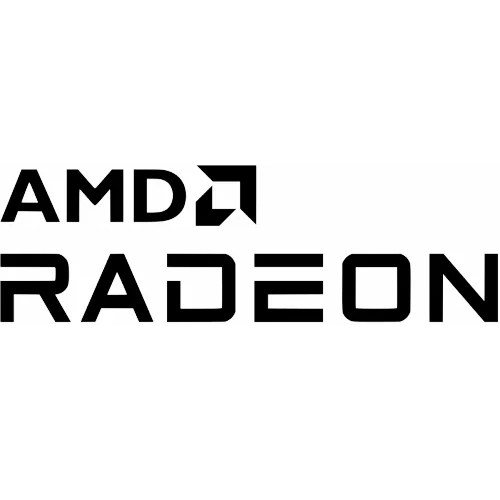Radeon RADV Driver Merge Request Opened To Use ACO By Default

ACO is the back-end that Valve has been funding for faster shader compile times and more performance optimized at least for games. The AMDGPU LLVM back-end meanwhile is what RADV has used by default up until now and is currently used exclusively by the RadeonSI Gallium3D driver as well as other official AMD driver components.
With RADV being the "community" Vulkan driver developed outside of AMD by the likes of Red Hat, Google, and Valve, it's up to those parties for deciding their default compiler back-end. RADV+ACO has been in great shape since Mesa 20.0 and now it looks like for next quarter's Mesa 20.2 release could be using it by default.
The RADV AMDGPU LLVM back-end would remain available for those wanting to use it -- as well as for testing/comparison purposes when profiling performance or trying to evaluate bugs. But this change would for supported hardware now use the faster ACO back-end without having to set any extra environment variables as is currently the case.
The merge request remains open for changing this default. There are two other open merge requests still needed before this change could happen -- better handling of SMEM and enabling FP16 support for GFX9+ in order to reach feature parity with the LLVM back-end.
Interestingly that merge request also does indicate there still are plans by Valve for bringing the ACO back-end to the RadeonSI Gallium3D OpenGL driver. Samuel Pitoiset noted, "Yes, we have a plan [to port ACO from RADV to RadeonSI]."
49 Comments

